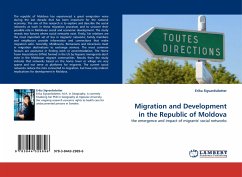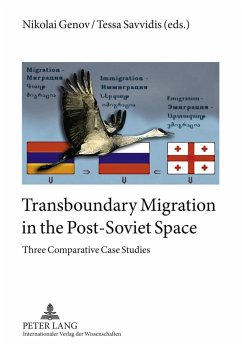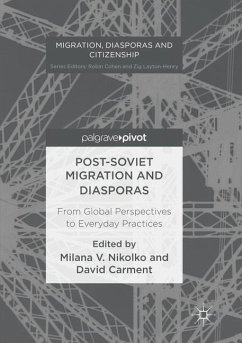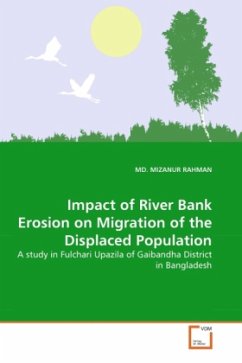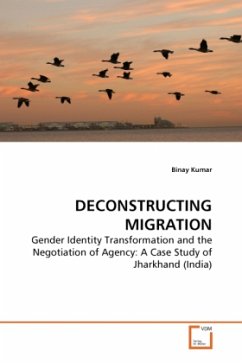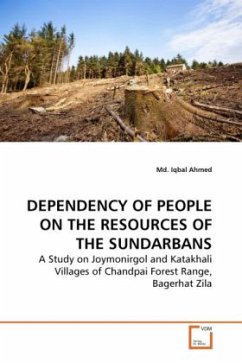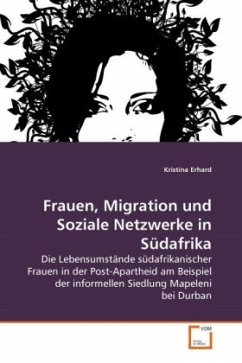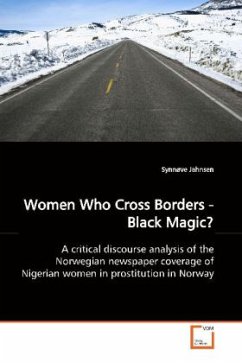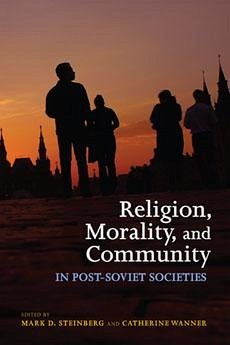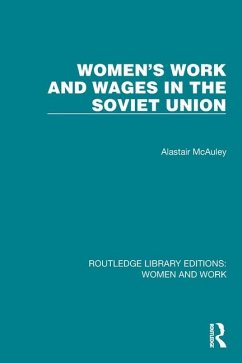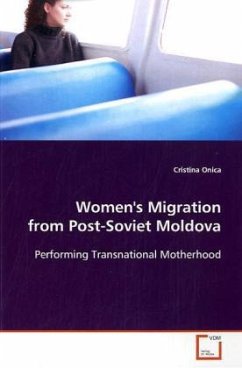
Women's Migration from Post-Soviet Moldova
Performing Transnational Motherhood
Versandkostenfrei!
Versandfertig in 6-10 Tagen
32,99 €
inkl. MwSt.

PAYBACK Punkte
16 °P sammeln!
The topic of transnational motherhood in the Post-Soviet context has been rarely studied. Using the oral history method for my research, I amconcentrating on Moldovan women migrants justifications and meaning constructions around such a debatable topic as transational motherhood. The feminist scholarship dedicated to this topic,has mostly reflected the idea that migrant women, through their transnational practices, redefine motherhood. Based on the fieldwork I have done in Italy, I contend that women migrants, instead of redefining, try to find ways to adjust to the hegemonic social perception...
The topic of transnational motherhood in the Post-
Soviet context has been rarely studied. Using the
oral history method for my research, I am
concentrating on Moldovan women migrants
justifications and meaning constructions around such
a debatable topic as transational motherhood. The
feminist scholarship dedicated to this topic,
has mostly reflected the idea that migrant women,
through their transnational practices, redefine motherhood. Based on the fieldwork I have done in
Italy, I contend that women migrants, instead of
redefining, try to find ways to adjust to the
hegemonic social perceptions of good motherhood. On the practical level, they do shift certain
normative constructions of the social order and
find 'alternative' ways of performing motherhood,
which helps them justify against the discourses
of childabandoning. In a broader context, my
research reflects hidden aspects of globalization in
the post-Soviet space, such as the debates over the
performances of human relationships, including
affection and care.
Soviet context has been rarely studied. Using the
oral history method for my research, I am
concentrating on Moldovan women migrants
justifications and meaning constructions around such
a debatable topic as transational motherhood. The
feminist scholarship dedicated to this topic,
has mostly reflected the idea that migrant women,
through their transnational practices, redefine motherhood. Based on the fieldwork I have done in
Italy, I contend that women migrants, instead of
redefining, try to find ways to adjust to the
hegemonic social perceptions of good motherhood. On the practical level, they do shift certain
normative constructions of the social order and
find 'alternative' ways of performing motherhood,
which helps them justify against the discourses
of childabandoning. In a broader context, my
research reflects hidden aspects of globalization in
the post-Soviet space, such as the debates over the
performances of human relationships, including
affection and care.



